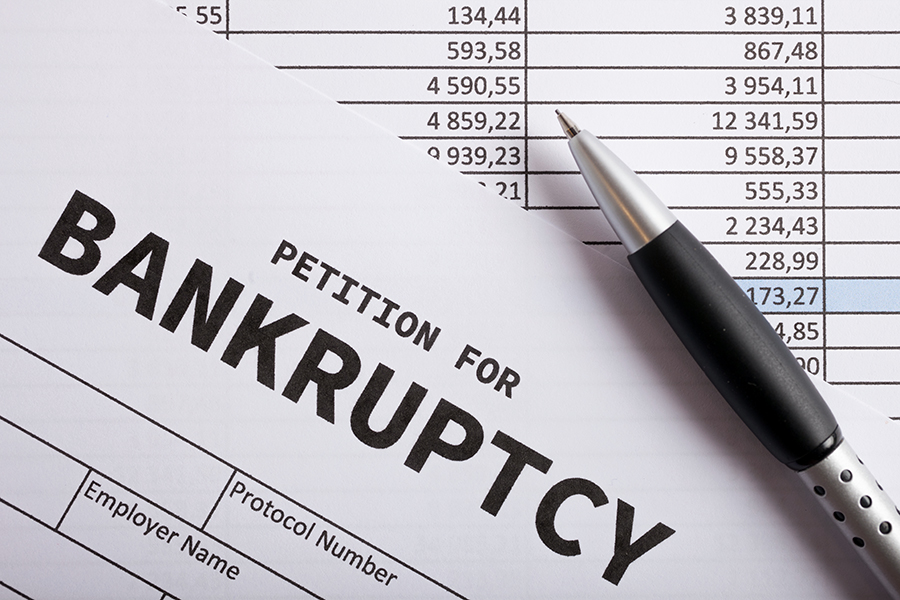
The basic purpose of a bankruptcy exemption is to protect certain property from creditors. As such, exemptions play a very important role in the average bankruptcy proceeding. Some people wonder whether it is more beneficial to claim exemptions under Chapter 7 or Chapter 13. The truth of the matter is that the exemption amount remains the same for both chapters. The only difference is in how the trustee treats the property. Take a further look at the exemptions offered by state law, and how they can help you stay afloat.
How Each Chapter Differs
There are some important things to realize when it comes to choosing a bankruptcy chapter. Mainly, the chapter designation will determine whether or not you can keep all of your property. In a Chapter 13 case, it is possible to retain all property under the repayment plan. In a Chapter 7 case, all non-exempt property can be sold by the trustee.
Distinguishing Federal and State Exemptions
You may wonder how a state exemption differs from those offered by federal law. There are a few key distinctions to recognize. Federal exemptions can be found in section 522 of the Bankruptcy Code. In many states, bankruptcy filers can choose between the state and federal exemptions. In this sense, they can select the most viable route to financial recovery.
Utah differs from the majority of other jurisdictions. Per state law, Utah residents must make use of the state-based exemptions. However, in some cases, you may still be able to use non-bankruptcy exemptions as provided by federal law. This includes exemptions related to survivor's benefits or death and disability benefits for the families of government employees.
Other Things to Know About Utah's Exemptions
Although you are limited to state exemptions, there are a few things to note about Utah's exemptions. For example, Utah allows a married couple to double the exemption amount under some circumstances. Couples who file a joint bankruptcy can simultaneously claim a property exemption. Of course, this assumes that both spouses are listed as legal owners of the property. In the end, this allows the couple to maximize the amount of the exemption.
There are many other important exemptions under Utah law. Per sections 78B-5-505 and 78B-5-506 of the Utah Code, you can exempt a wide range of personal property. Family heirlooms are protected up to a value of $1,000. You are also allowed to maintain an education savings plan for a maximum of $200,000. A business attorney can review the personal property exemptions with you to ensure that you cover all the bases.
Many filers are also concerned with keeping their vehicle during a bankruptcy. In Utah, you can exempt up to $3,000 of equity in your vehicle. Unfortunately, Utah does not have a wildcard exemption that would provide another avenue to protect vehicle equity.
Final Considerations
There are a lot of intricacies that arise in the average bankruptcy case. It is important to work with an experienced lawyer who can assist you. In the end, claiming the right exemptions is key to successfully navigating a bankruptcy.
To learn more about filing for bankruptcy in Utah, contact us at the law office of TR Spencer & Associates.